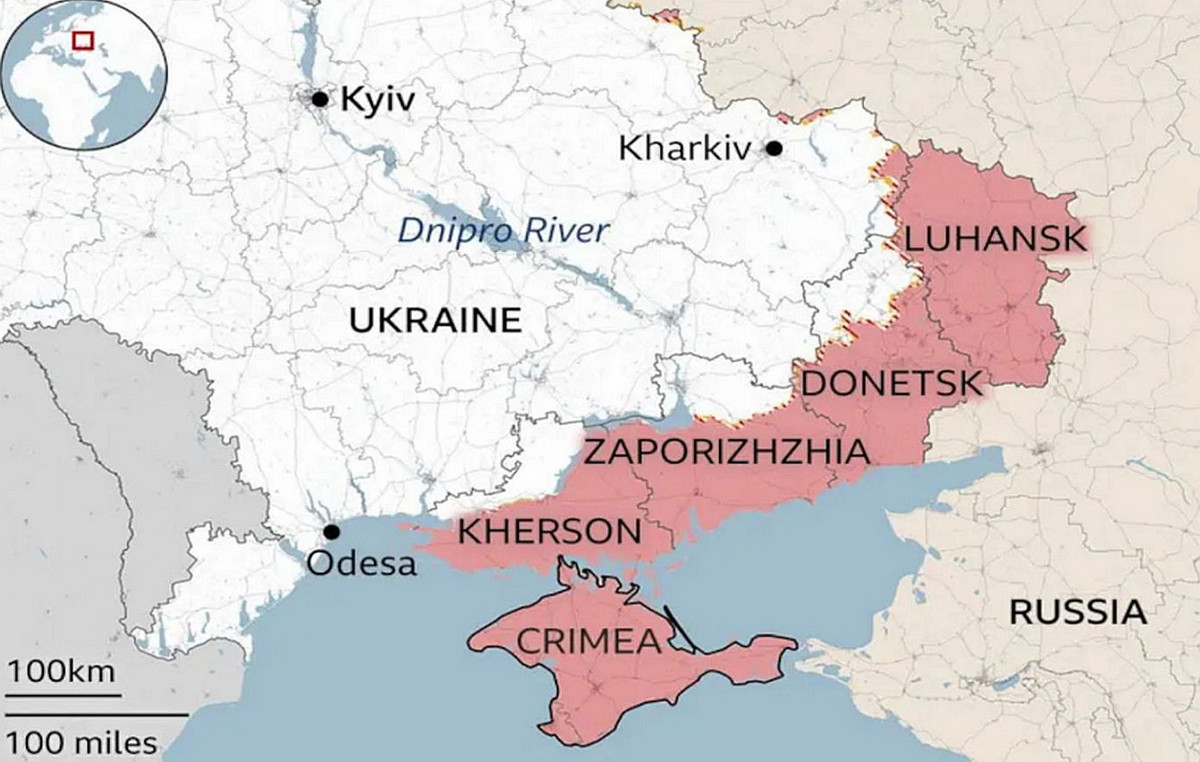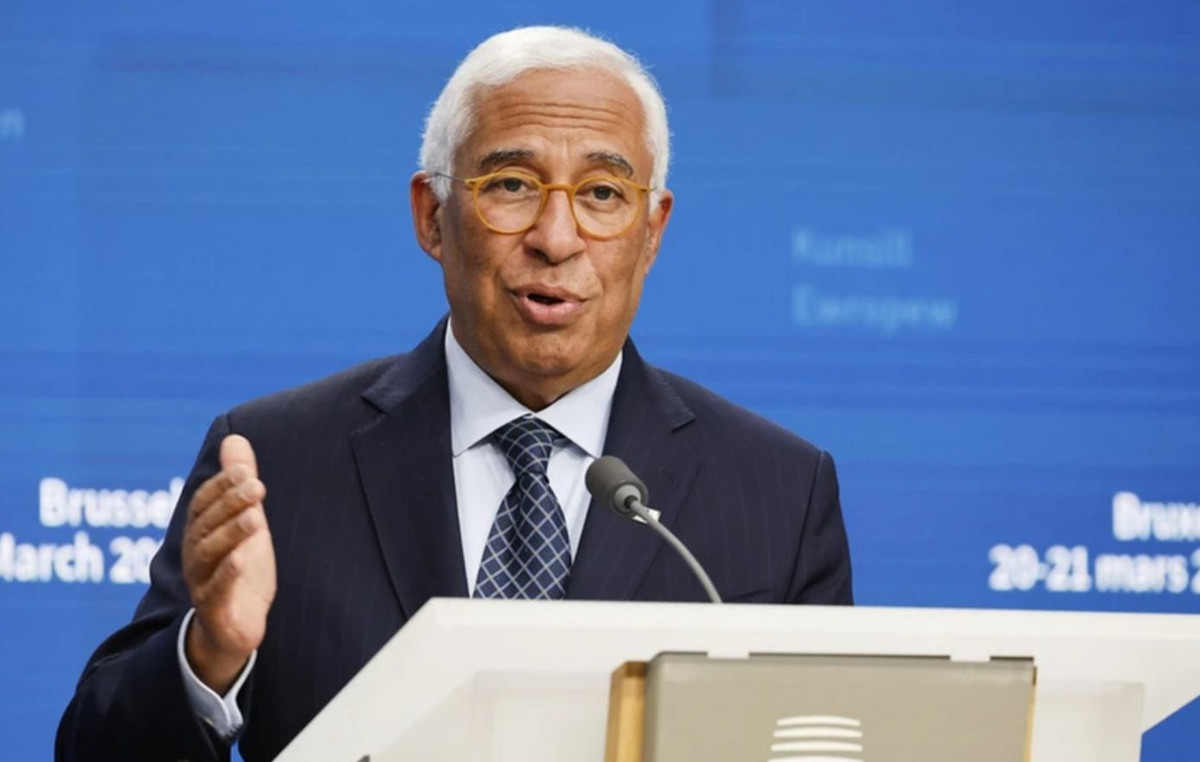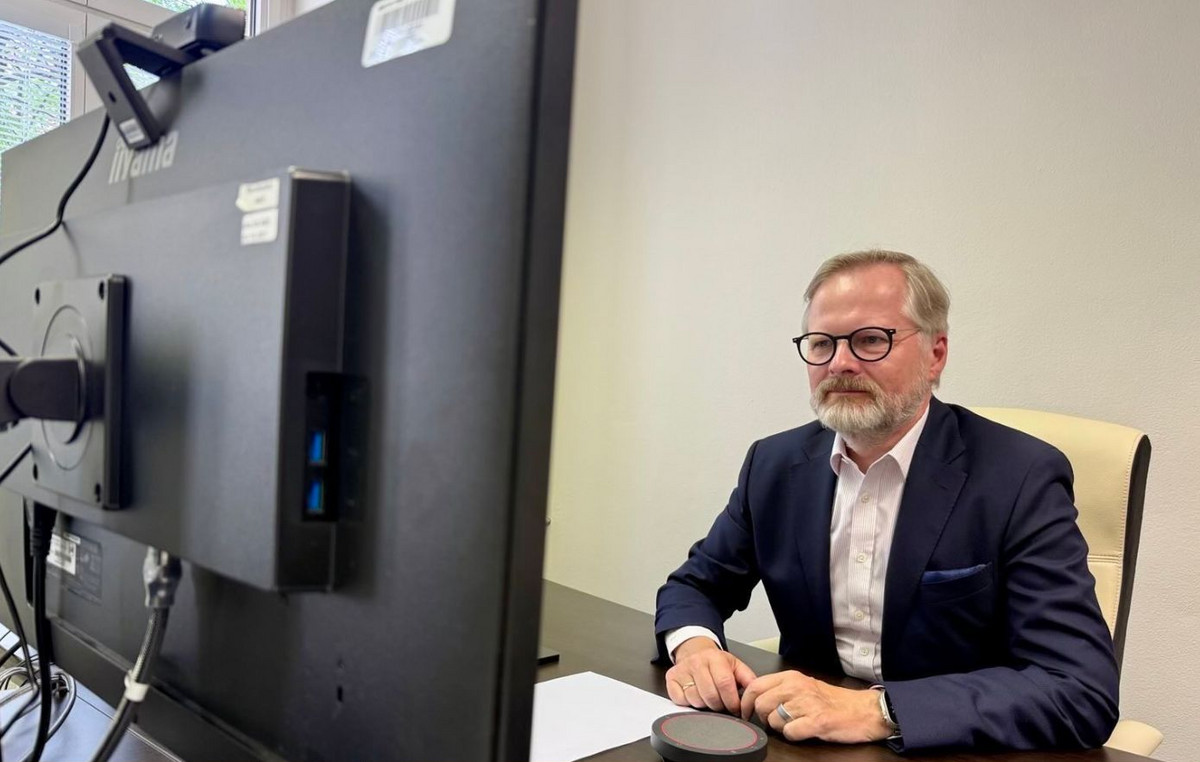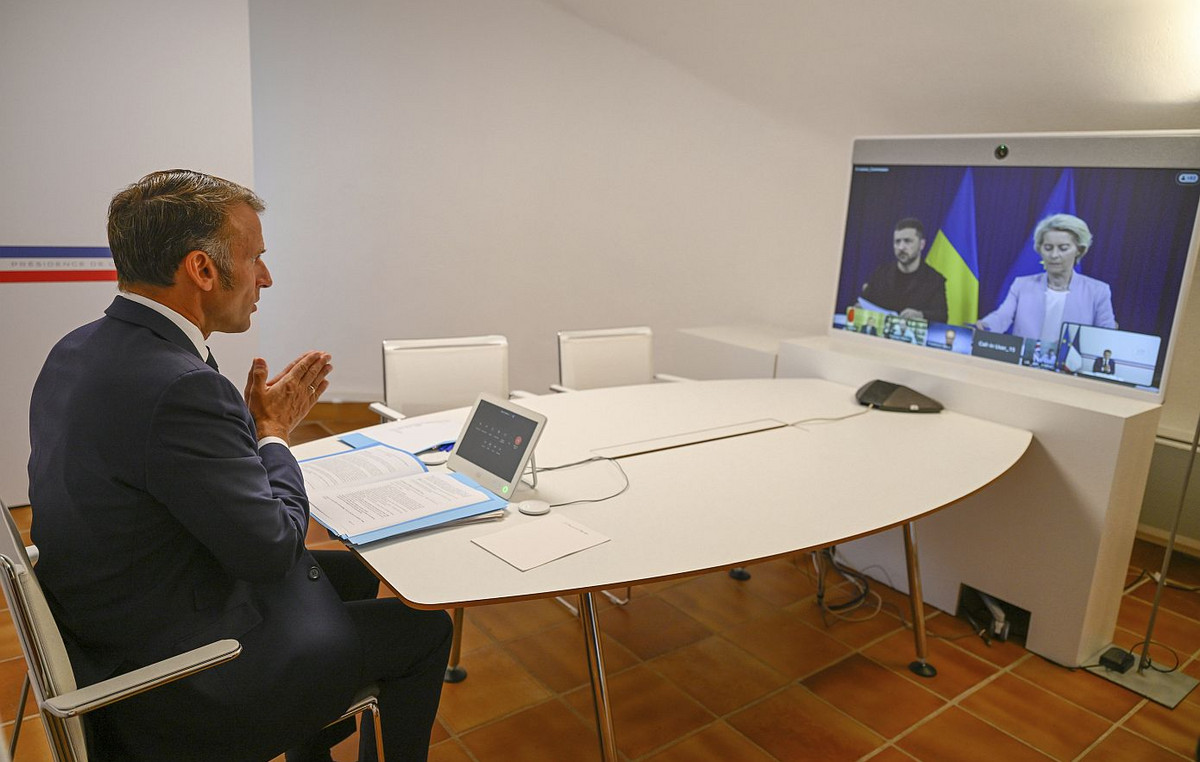Russia’s economy is under serious pressure from tough new Western sanctions. This is forcing financial institutions to consider: how exposed will they be if the Russian market implodes?
Foreign banks had more than $120 billion in claims on Russian counterparties at the end of September 2021, according to the Bank for International Settlements.
This is raising concerns that as the ruble crumbles and Russia becomes increasingly isolated from the global financial system, missed payments could pile up and cause huge losses.
France’s Société Générale and Italy’s UniCredit, the two largest European banks with the largest operations in Russia, face particular scrutiny.
Since Russia invaded Ukraine last week, SocGen shares are down 25%, while UniCredit is down 23%.
Fitch Ratings warned on Wednesday that “the asset quality of large Western European banks will be pressured by the fallout from Russia’s invasion of Ukraine” and that their operations also face greater risk as they race to comply. international sanctions.
Where’s the weakness? Fitch said this primarily boils down to corporate and investment banking, as well as investment portfolios.
There are concerns that entities affected by the sanctions will not be able to repay loans, forcing banks to cancel some of them.
Compliance with sanctions, especially with some of the major Russian banks excluded from the global SWIFT payments system, will also pose a challenge, Fitch said.
In a statement on Thursday, Société Générale said it is “strictly complying with all applicable laws and regulations and is diligently implementing the necessary measures to rigorously enforce international sanctions as soon as they are made public.”
The bank said it had nearly $21 billion in exposure to Russia at the end of last year. But he emphasized that it can withstand even the worst results.
Société Générale “has more than enough buffer to absorb the consequences of a possible extreme scenario, in which the Group would be stripped of ownership rights over its banking assets in Russia,” he said.
UniCredit, which has operated in Russia since 1989, said last week that its Russian arm was “very liquid and self-funded” and that the franchise represents just 3% of the bank’s revenue.
Earlier this year, he withdrew from a possible bid for Russian state bank Otkritie because of the political situation in Ukraine.
American banks may also feel some blows. Citigroup this week disclosed that it had $5.4 billion “in Russian credit and other exposures” at the end of 2021.
Mark Mason, Citi’s chief financial officer, told investors Wednesday that the bank is conducting tests to assess the consequences “under different stresses and types of scenarios.”
Citi shares are down 4% since the invasion of Russia. The KBW Bank Index, which tracks US lenders, is nearly 2% lower.
In a note to clients on Sunday, Credit Suisse investment strategist Zoltan Pozsar invoked the collapse of Lehman Brothers in 2008 as he considered the consequences of cutting Russian banks from SWIFT. He said the effects could spill over into markets, forcing central banks to intervene.
A “Lehman moment” of systemic importance has yet to materialize. But it will be important to watch bank communications as Russia’s economy collapses.
“You really don’t know all the ramifications for sure, so I think that’s one of the fears,” said Robert Sears, chief investment officer at Capital Generation Partners.
The Fed is ready to raise interest rates in two weeks
The Federal Reserve is preparing to raise interest rates for the first time since the start of the pandemic, even as the war in Ukraine obscures the outlook for the economy.
President Jerome Powell told Congress on Wednesday that he expects the central bank to come up with a rate hike later this month, an important step towards containing the highest inflation in decades.
“Inflation is very high,” Powell said. “We are working on it.”
Powell said he supported a normal 0.25 percentage point interest rate hike. Previously, there were rumors that the Fed might opt for a bigger hike to show that it was serious about controlling prices.
But the conflict in Ukraine, which could slow economic growth and exacerbate inflation, has complicated the Fed’s attempt to move away from the crisis-era policies it has adopted to deal with the effects of Covid-19.
“The economic effects of these events are highly uncertain,” Powell said.
His comment fueled a rally in the stock market. The S&P 500 rose 1.9%, while the Nasdaq Composite gained 1.6%. Investors were relieved to have greater clarity on the Fed’s way forward.
Powell’s comments “helped reduce uncertainty about the Fed’s short-term intentions,” said Jim Reid, a strategist at Deutsche Bank.
New food price shock: palm oil soars
The Russian invasion of Ukraine has shaken the market for wheat and corn, the two countries’ main exports. But those aren’t the only prices rising.
Palm oil prices have soared as investors try to find alternatives to shipments of sunflower oil stranded in Black Sea ports.
Palm oil futures in Indonesia – the world’s biggest exporter of the product – are up more than 18% since last Wednesday, the day before Russia launched its attack, according to Refinitiv data.
The war in Ukraine has heightened uncertainty over whether port closures and delays in shipments will limit sunflower oil deliveries. The country typically accounts for a third of global production and half of all exports.
Ukrainian sunflower oil futures are up 32% in the early days of the invasion, according to data from S&P Global Platts. This triggered a hunt for replacements.
Palm oil, a common ingredient found in many of the world’s foods and cosmetics, is an option. It is also used for cooking in India, the world’s biggest importer.
James Fry, president of consultancy LMC International, said consumers in China, Pakistan, Bangladesh and North African countries will also feel the pinch.
“They will be forced to reduce oil consumption. They won’t be able to pay,” Fry said. “Especially if things like wheat are also much more expensive.”
Source: CNN Brasil
I am Sophia william, author of World Stock Market. I have a degree in journalism from the University of Missouri and I have worked as a reporter for several news websites. I have a passion for writing and informing people about the latest news and events happening in the world. I strive to be accurate and unbiased in my reporting, and I hope to provide readers with valuable information that they can use to make informed decisions.







